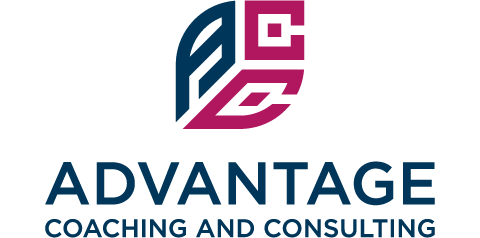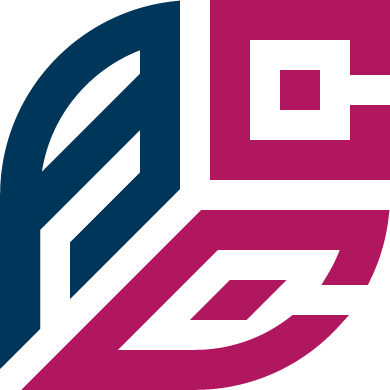Our Leadership Services
Coaching, Facilitation, and Development
How we work together
Leadership development isn't a one-and-done workshop. Real growth happens when insight meets practice, when you have space to reflect, experiment, and refine your approach over time.
That's why we design programs that combine coaching, workshops, and practical application - because sustainable change requires both learning new skills and having the support to actually use them in your real-world context.
Whether you're an emerging leader finding your feet, a leader moving up into Executive leadership and navigating a complex transition, or a team trying to work better together, I'll meet you where you are and help you get where you want to go.
Individual Leadership Coaching
Leadership coaching is a confidential partnership centred on your specific goals, challenges, and aspirations.
Together, we'll develop the self-awareness, strategies, and confidence you need to navigate your unique leadership environment.
Team Facilitation and Workshops
Our team development programs combine research-backed frameworks with practical tools your team can use immediately.
We'll address the real challenges you're facing - not generic "team building" exercises, but meaningful work that shifts how your team shows up, communicates, and collaborates.
Leadership Development Programs
Comprehensive programs for organisations that want to invest in developing confident, capable leaders across their teams.
If you're looking for more than a one-off workshop and want to build leadership capacity systematically across your organisation, a leadership development program might be the right fit.
Hear from some of our clients...
"Thanks so much for this session and facilitating such a a great workshop. The team all got a lot out of it & it was just what they needed." (Team Leader)
"Enjoyed it all. Really gave me food for thought and made me understand myself and my actions more clearly thank you Tania." (Team member)
Large Not for Profit Client
Emotional Intelligence
"So engaging and the information is invaluable. I think all managers and staff need this. Key learning for me was what is needed to implement Psych Safety and what considerations need to be made to improve relationships and improve the workplace as a whole. Loved it!! Thanks Tania"
Corporate Client
Staff Engagement and Psychological Safety
"I feel I have learnt skills and developed greater insight into strategies that will support me in my current role, to be a successful leader. I also feel more confident in addressing concerns that will support me to continue enjoying my work within the Department."
Government Client
Leadership Coaching Client,
QLD Department of Youth Justice
"The key learning for me is the ability to identify when to manage, mentor and coach my support workers and how to implement each one effectively."
Small Not for Profit Client
Coaching and Mentoring
in the Workplace

